Could Labour’s ‘left-wing cull’ come back to haunt the party at the general election?
Keir Starmer has changed Labour, he says, but has the leader gone too far? Albert Toth speaks to Jeremy Corbyn, Green co-leader Carla Denyer and more about the ballot box rebellion the party could face on July 4
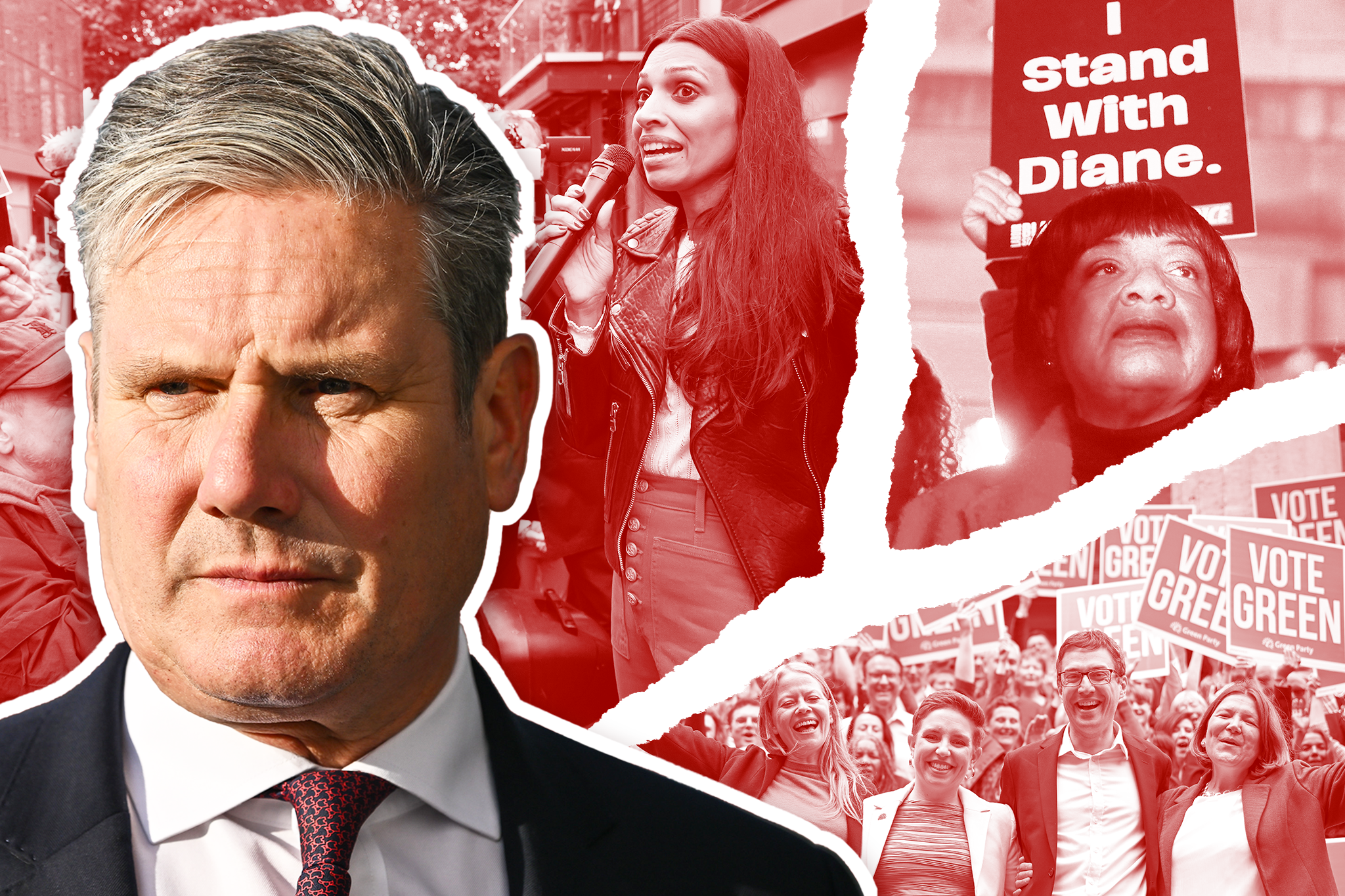
Your support helps us to tell the story
From reproductive rights to climate change to Big Tech, The Independent is on the ground when the story is developing. Whether it's investigating the financials of Elon Musk's pro-Trump PAC or producing our latest documentary, 'The A Word', which shines a light on the American women fighting for reproductive rights, we know how important it is to parse out the facts from the messaging.
At such a critical moment in US history, we need reporters on the ground. Your donation allows us to keep sending journalists to speak to both sides of the story.
The Independent is trusted by Americans across the entire political spectrum. And unlike many other quality news outlets, we choose not to lock Americans out of our reporting and analysis with paywalls. We believe quality journalism should be available to everyone, paid for by those who can afford it.
Your support makes all the difference.With the general election only days away, polling would suggest Labour is on track to win by a landslide. The latest figures put the party an average 20 points ahead of the flailing Conservatives, with as many 453 seats projected to turn red on July 4.
But despite the positive turn for the party, which has been in opposition for 14 years, it saw what may have been its most damaging row under Sir Keir Starmer at the end of May, as a fierce factional fallout took over its ranks.
It came after the party’s governing body moved to bar several parliamentary candidates on the left of the party from standing at the upcoming general election. These included Faiza Shaheen, who is now standing independently, and Diane Abbott, who regained her candidacy following outrage both locally and nationally.
The row represented the culmination of a debate that has gripped Labour’s ranks since Sir Keir first became leader in 2019. It has left many voters with left-wing or progressive values feeling abandoned by the party, and unsure of where to go.
Sir Keir has changed the party, a fact he regularly draws upon in his campaigning. Both in policy position and in rhetoric, the North London MP made clear his desire to draw a line between himself and the party’s previous, more radical politics.
In doing so, his shadow cabinet has taken softer stances on issues such as public spending, welfare, and international issues like the ongoing Israel-Gaza conflict. It was inevitable that some supporters of those policies would become alienated as the party’s priorities shifted.
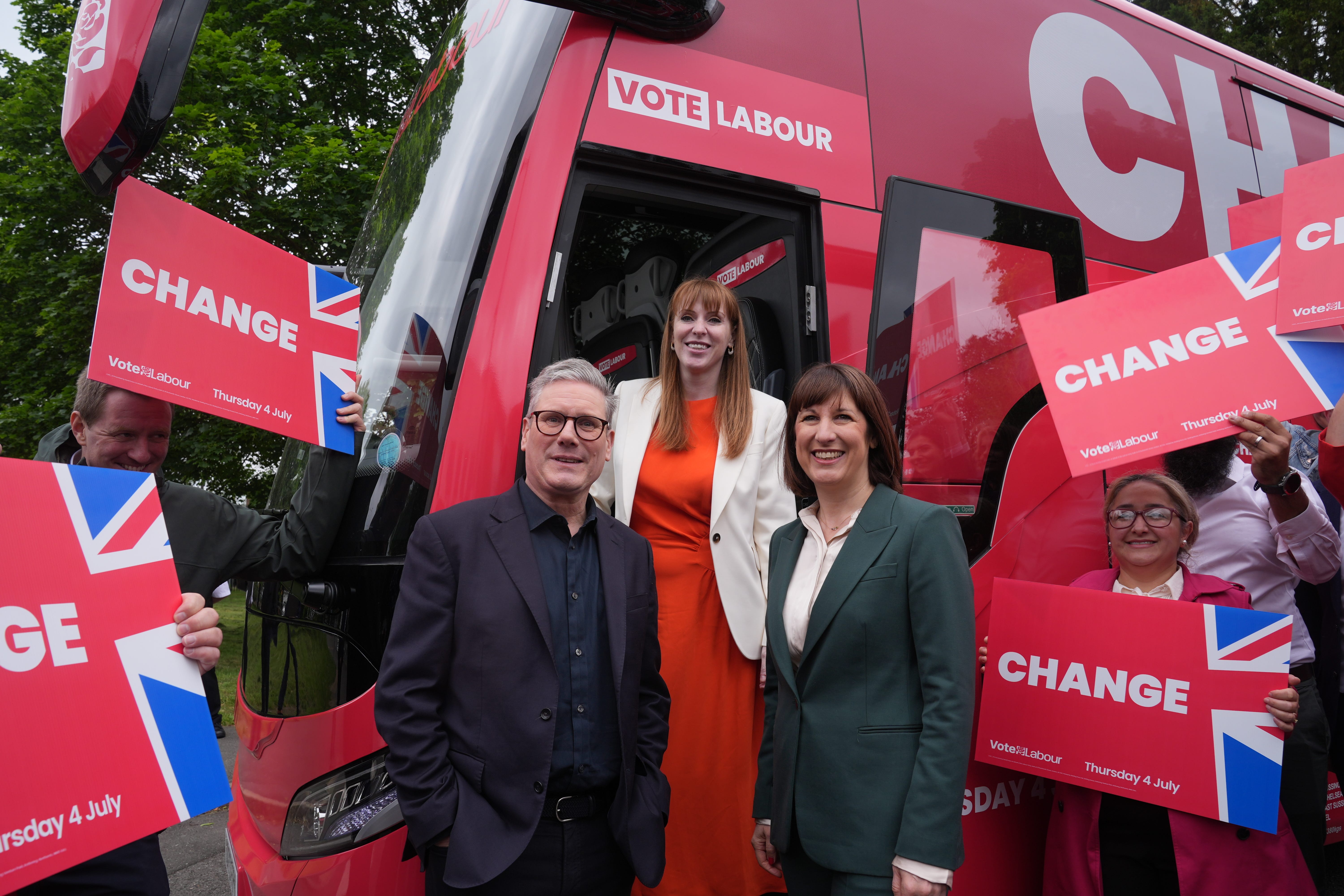
“In terms of the calculated decision Starmer has made, looked at purely from electoral logic, it makes sense,” says Luke Tryl, Executive Director of the More in Common research group.
“If Starmer was going to win back those voters Labour lost, particularly in places like the red wall, he was going to have to convince them that he had changed the Labour party and that it was different to what had come before under Corbyn.”
Many argue that Sir Keir’s move away from the left as Labour leader is a necessary gambit: in giving up part of the left-leaning vote, the party can work to resecure much more electorally slippery middle-ground voters, many of whom were lost in 2019.
But has the Labour leader gone too far?
“I’ve always voted Labour, and this will be the first time I won’t,” says Ranil Hewavisenti, 66, a resident of Chingford and Woodford Green.
“It is sad, but I did see it coming since Starmer’s been elected”.
It’s a chilly, drizzly evening, but he’s still out on the steps in north-east London, campaigning for now-independent candidate Faiza Shaheen, who he also knocked doors for in 2019 when she ran for Labour.
Ms Shaheen was barred for liking 14 tweets – some before she was a Labour member – which were deemed antisemitic or otherwise against the values of the party. In an emotional interview with BBC’s Newsnight on May 29, she revealed she was in “a state of shock,” having only received the news a few hours prior.
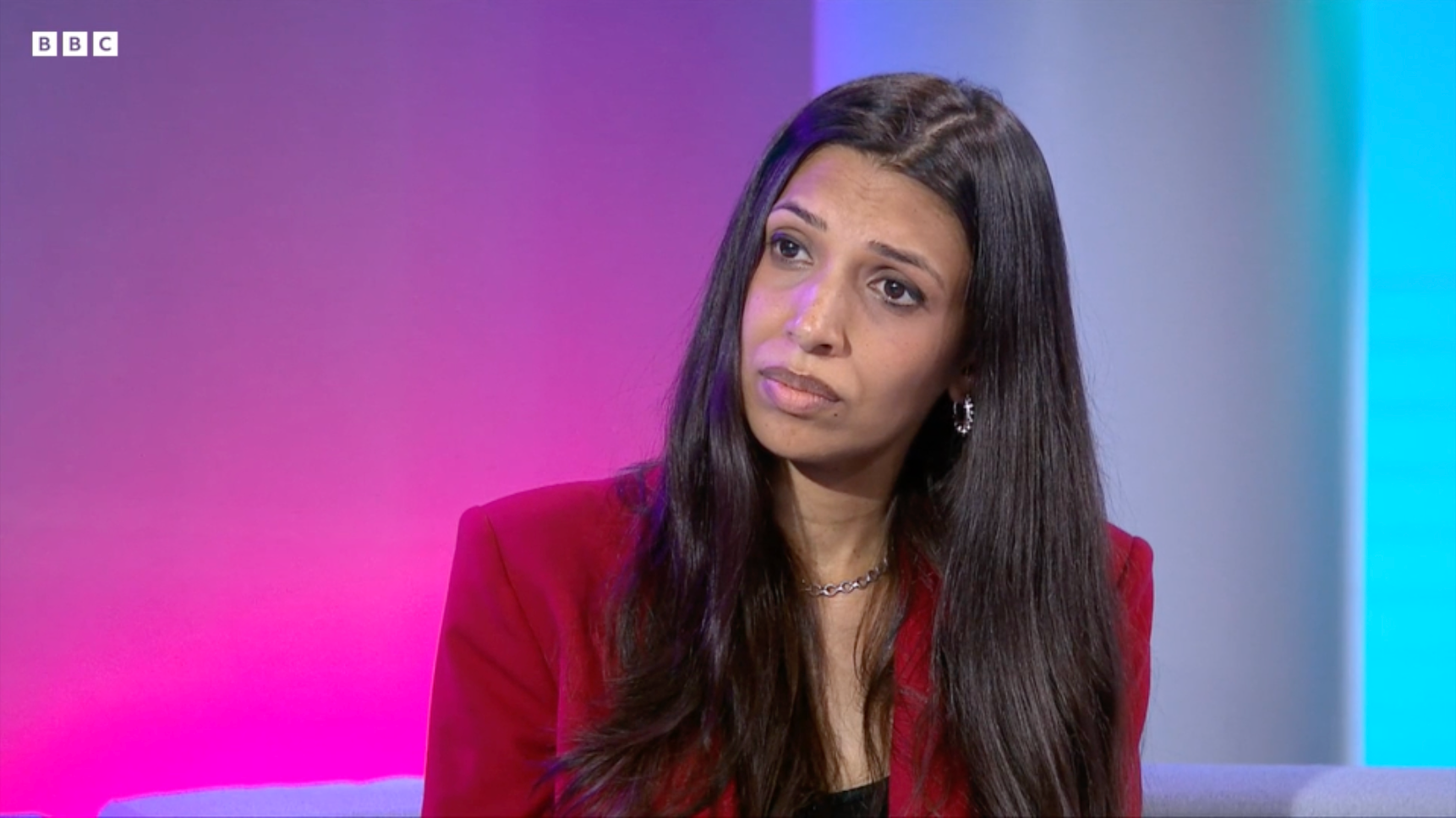
Taking to Twitter/X to voice her frustrations over Ms Shaheen’s treatment, Diane Abbott accused the party of undertaking an “appalling … cull of left-wingers.” The veteran MP was still embroiled in a deselection row herself at the time.
Sir Keir quickly denied Ms Abbott’s assertion. The Labour leader says that the party’s selection process is independent of his leadership and not based on factional preferences.
“I want the highest quality candidates as we go forward,” he told reporters. “I’m not picking a fight with anyone.”
But Sir Keir has changed the Labour party. Making his first major speech after the general election was called, Sir Keir said he could be trusted because he had remodelled the party “permanently," signalling a shift away from its ill-fated 2019 campaign under previous leader Jeremy Corbyn.
Later on the campaign trail, the north London MP even described the Conservative’s 2024 manifesto as “Jeremy Corbyn-style,” due to policies which he called unrealistic and uncosted.
Mr Corbyn seems unbothered by the criticism from his former Brexit secretary. “I’m going to start charging rent for the people’s heads I live in,” he says, sat in a busy cafe in his Islington North constituency.
“He imagines that everyone in the country is worrying their heads about [me], they’re not. Most people are worrying about how they’re going to pay their bills. They’re worrying where they’re going to live”.
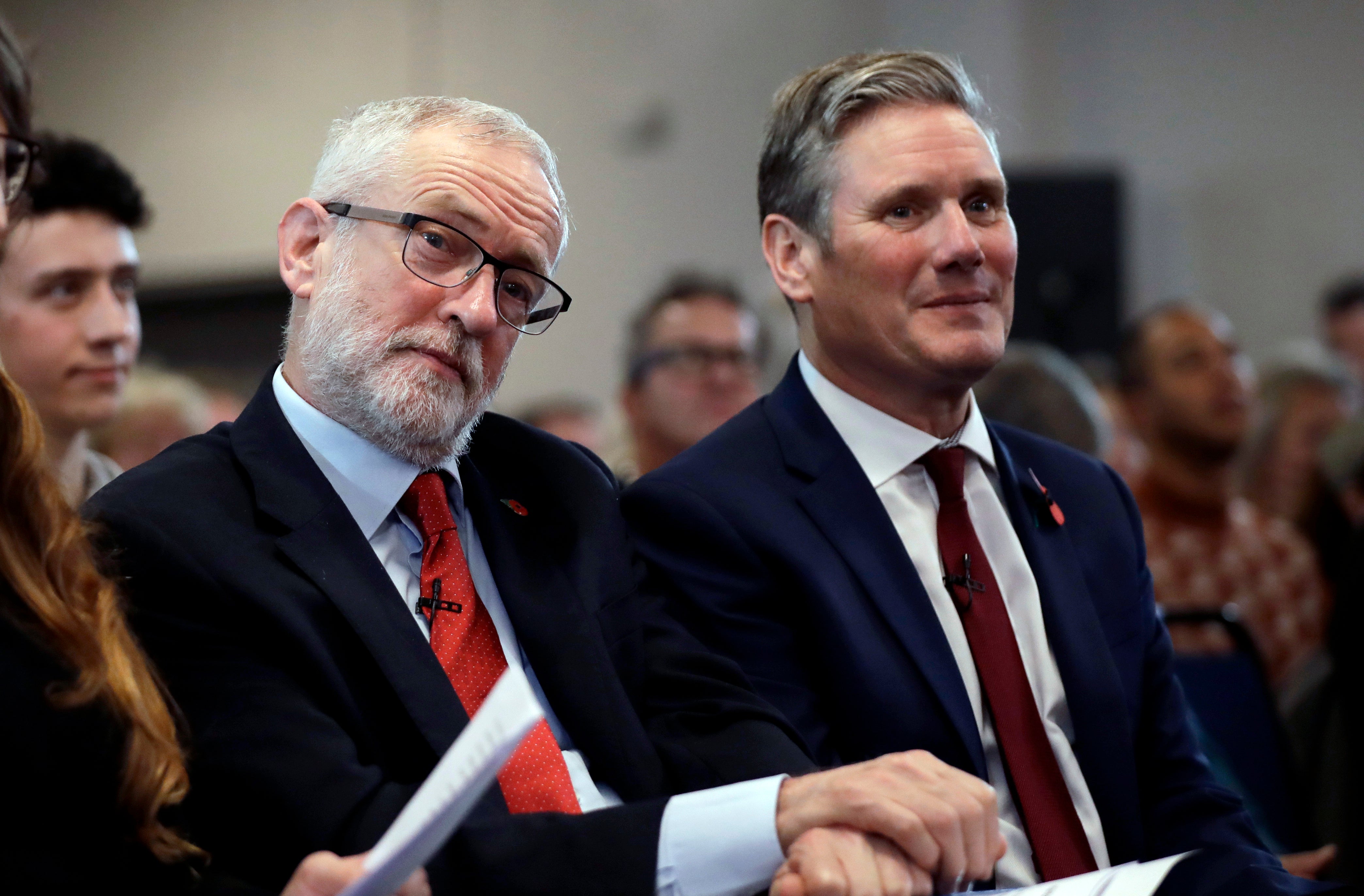
Labour membership figures hit a peak of 532,000 under Mr Corbyn’s leadership in 2019, dropping to 366,60 in 2024. The numbers might suggest dissatisfaction with the party, but it’s impossible to ignore the polling.
The most recent data from YouGov suggests that Labour is on track to win by a landslide. The respected research group predicts that the party could increase its seats by 220, to 422. The Tories are projected to gain only 140.
Mr Corbyn will now be running without the support of his buoyant former party for the first time since 1983. He is positive about his campaign: the veteran MP has held his seat at ten general elections, and clearly expects to do so again in July.
But pollsters are not so sure, and he admits that running as an independent candidate is not without its difficulties.“The electoral law and electoral spending limit, it’s all designed to sustain a two-party system,” he says.
“It’s not designed to encourage wider democratic participation.
”A similar story is unfolding in Chingford and Woodford Green, where Ms Shaheen’s supporters are learning to run an independent campaign as they go.
A group of canvassers set off from an unassuming flat in Chingford. Most of them are former Labour voters, with 50 members of the local party recently resigning from the party in protest of Ms Shaheen’s deselection.
But it soon becomes clear that every doorstep requires more explanation: “So, she’s not the Labour candidate anymore?”; and more convincing: “I don’t want to split the vote.”
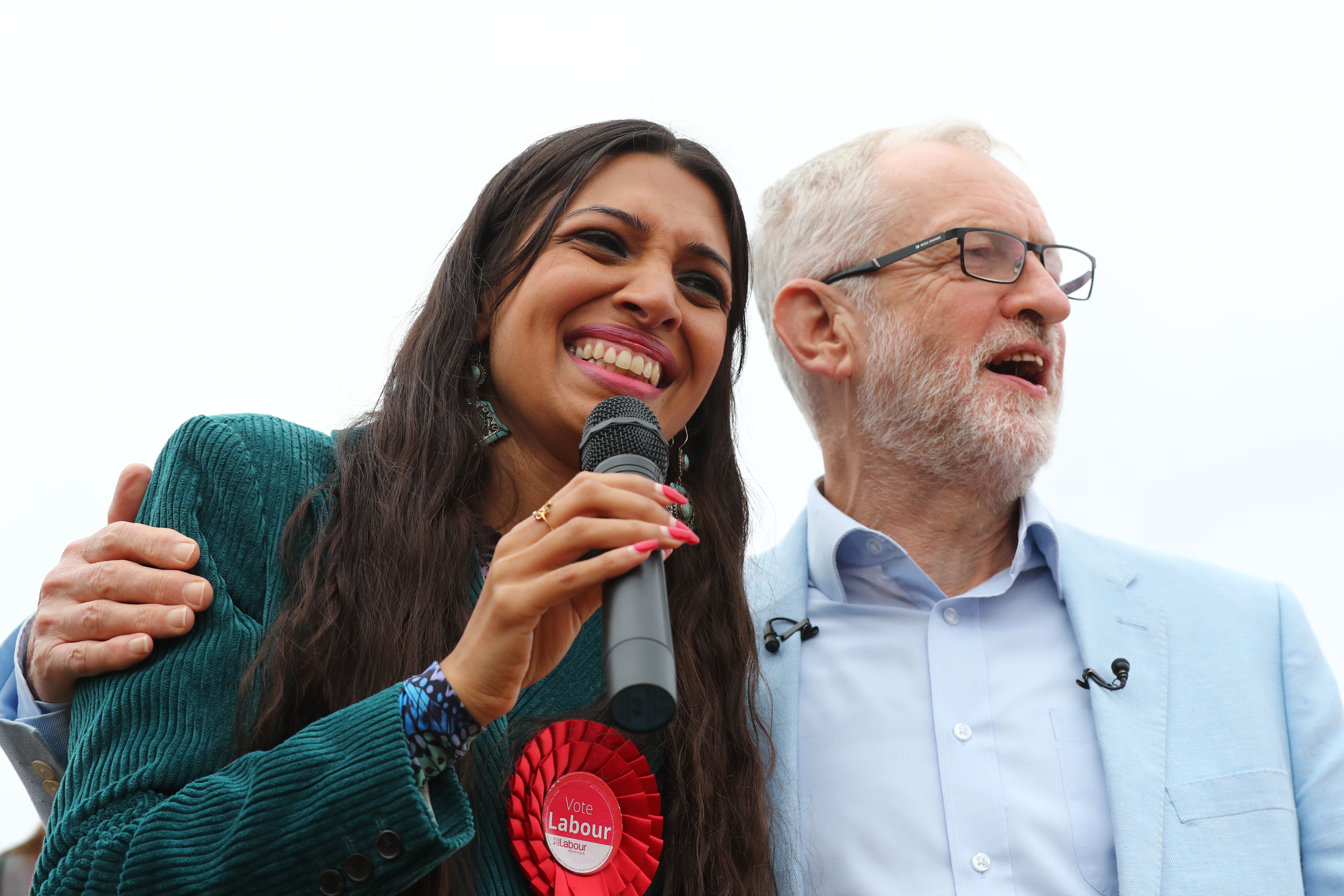
And it’s this last point that would seem to hold back independent candidates the most. The Tories’ majority over Labour in Chingford in 2019 was only 1,262 votes. This was Labour’s best-ever result in the constituency, delivered by Ms Shaheen. Any votes not given to the party there in July stand to have a big impact.
Mr Tryl, of the research firm, says this is the factor that will likely ensure most Labour voters who are disenchanted with Sir Keir still stick to the party come July, and don’t vote for an independent candidate or smaller party like the Greens. “If it does cause Labour problems, it will be in isolated seats,” he says.
“My median assumption is that the Greens will have a very good result in Bristol Central … but it is hard to see Green gains across the board.”
Green co-leader Carla Denyer is their candidate in Bristol Central, where the party is projected to win for the very first time. She says that voters from across the political spectrum have become more comfortable giving their votes to the party, and the numbers are there.
Over the last five local elections, the Greens have increased their local councillors nearly fivefold, up to 812 today.
“It certainly is true that Labour’s slide to the right and abandoning of lots of policy pledges is turning out to be the final straw for a lot of people,” Ms Denyer acknowledges. "And now we’ve got quite a few people out door knocking with us who were Labour voters or even members last time around.”
One glance at the Green party’s manifesto and you can see why this trend may have taken hold. An explicit vow to protect the NHS from privatisation, higher taxes from top earners, nationalising railways, water and energy.
For their part, Labour hasn’t given up more radical policies completely. Their 2024 offerings include improved workers’ rights, a publicly-owned energy company, and introducing a new tax on private schools. But the Green Party’s manifesto promises far higher revenue raising and public spending measures than any of the large parties.

“I think it’s worth saying that the Greens have always been in this position,” Ms Denyer adds. “It’s Labour who’s blown with the wind left and right depending on where they think they can get the most votes”.
But recent polls indicate that it’s unlikely the party is going to simply mop up all of Labour’s disillusioned voters.
“I think a more reasonable concern to the Labour party is what happens should they get into government,” says Mr Tryl.
“The low enthusiasm doesn’t damage them electorally, but means that they have a very short honeymoon period. Things could turn south quite quickly.”
Projections suggests that most will stick with Sir Keir’s Labour party to remove the current Conservative government. The challenge for the leader will come afterwards: will he attempt to unite his broad coalition of support as prime minister, or move his policies ever further away from the radical agenda he first pushed when he entered politics in 2015?
Either way, his predecessor believes it will be a formative time for UK politics: “You know what?” says Mr Corbyn, “this might be the development of some very interesting political trends in Britain.”
Join our commenting forum
Join thought-provoking conversations, follow other Independent readers and see their replies
Comments